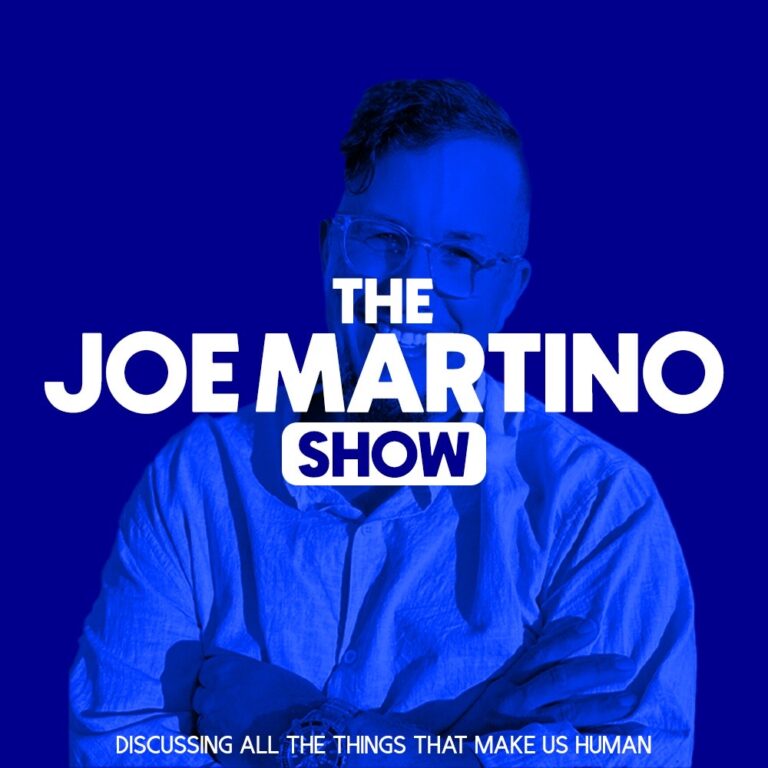This part of a continuing series on Relational Equity.
Part 1 can be found here
Part 2 can be found here
Part 3 can be found here
The Problem is the word Eventually
An obvious question is doesn’t that make it impossible? I mean, who’s going to do something and not expect anything in return? That’s why it’s a paradox. The husband who commits to loving his wife no matter what, for as long as it takes will often win her over…eventually. The wife who commits to loving her husband regardless of how he acts for as long as it takes, well eventually melt the ice around his heart.
One of the biggest factors in the ice not melting is the truth that we don’t usually give it time. We take years to build up hurts, wounds and scars that all coalesce into this numb frozen blob of ice called an emotional heart. Then we get mad when it doesn’t change in days or weeks. We need a renewal of the words commitment and endurance.
We have to stop thinking that we have to feel something in order to do it. This is patently false in almost every other area of our life. We don’t always feel like going to work, but we do. Why? Because we want that paycheck. The idea that we have to want to do something in order to do it is really a terrible way to live our lives. There are many things we force ourselves to do before it becomes something we want to do.
When we allow ourselves believe the insidious lie that we have to want to be loving with our spouse before we will actually be loving we enslave ourselves to a fate that is almost guaranteed. We literally take the option of our changing out of the equation. We create the opportunity for us to talk any way that we want; to act in any manner that we would like to act because that’s how we feel.
Think about this with children. Would we allow our children to throw a temper tantrum simply because they felt like it? We expect our children to act in a certain manner in spite of how they feel. I believe this ability is key to a marriage turning around from a negative and destructive narrative to a healthy and positive one. We have to be willing to approach our spouse in a way that is completely loving, despite how we feel. This intentionality literally builds relational equity because it tells your spouse that you are someone who can trusted. It tells them that you care about the relationship first and foremost. When they truly believe this, they know that for the most part, you are going to do what is best for the both of you,not just yourself.
When we build relational equity we create a space where bad things can happen but not define the relationship. We create space for a fight to occur and no one has to pay. We move back to a time where differences are celebrated.
Do you remember that time? Probably when you were dating, you actually celebrated the differences between you and your spouse. Whatever was different was cute and adorable and proof that you were “meant to be.” If you’re caught in a bad narrative, those same differences are now lamented.
If you’re not caught in a bad narrative but want to improve your relationship, you still need to consider being intentional to build relational equity. Why? Because relational equity is either growing or it is shrinking, there is rarely an in-between. When we have relational equity, we can go through a fight because we filter the idea of the fight not through a lens of anger but through a more balanced lens of anger in the moment but of true caring for the totality of the relationship.
Relational equity must be built intentionally. We must control our tongue when we are talking to our spouse. When we are in a stress moment we must control what we say, how say it and how we hear what is said.
You read that right. I believe that a person must control how they hear what is said. This doesn’t mean that act as though we didn’t hear what they said, it means we make sure that we know what they said before we respond. Think about how many arguments you’ve had because you answered a question before you actually knew the question being asked. Later in this book, I’m going to teach you some simple communication techniques that can transform your relationship. They are simple but not easy. They will build equity in your relationship. Communication is not the only way to build relational equity.

